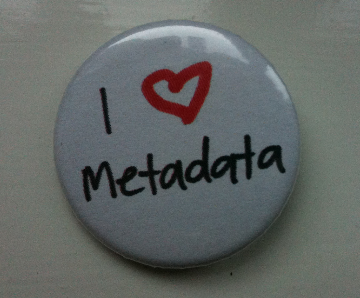Simply Deleting a File Doesn’t Mean It’s Gone – eDiscovery Best Practices
Simply Deleting a File Doesn’t Mean It’s Gone – eDiscovery Best Practices https://cloudnine.com/wp-content/themes/cloudnine/images/empty/thumbnail.jpg 150 150 CloudNine https://cloudnine.com/wp-content/themes/cloudnine/images/empty/thumbnail.jpg
When a file is “deleted” (i.e., actually deleted, not just moved to the Recycle Bin), the data for that file isn’t actually removed from the disk (in most cases). So, where does it go? Let’s find out.
read more







